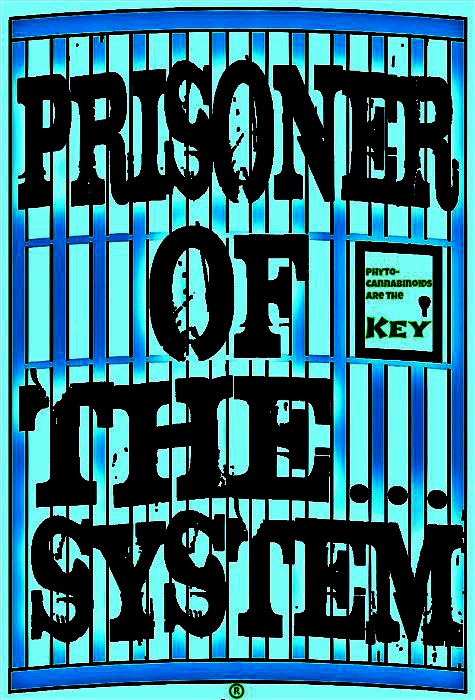2000 Mar;6(3):313-9.
Anti-tumoral action of cannabinoids: involvement of sustained ceramide accumulation and extracellular signal-regulated kinase activation.
Abstract
 Delta9-Tetrahydrocannabinol, the main active component of marijuana, induces apoptosis of transformed neural cells in culture. Here, we show that intratumoral administration of Delta9-tetrahydrocannabinol and the synthetic cannabinoid agonist WIN-55,212-2 induced a considerable regression of malignant gliomas in Wistar rats and in mice deficient in recombination activating gene 2. Cannabinoidtreatment did not produce any substantial neurotoxic effect in the conditions used. Experiments with two subclones of C6 glioma cells in culture showed that cannabinoids signal apoptosis by a pathway involving cannabinoid receptors, sustained ceramide accumulation and Raf1/extracellular signal-regulated kinase activation. These results may provide the basis for a new therapeutic approach for the treatment of malignant gliomas.
Delta9-Tetrahydrocannabinol, the main active component of marijuana, induces apoptosis of transformed neural cells in culture. Here, we show that intratumoral administration of Delta9-tetrahydrocannabinol and the synthetic cannabinoid agonist WIN-55,212-2 induced a considerable regression of malignant gliomas in Wistar rats and in mice deficient in recombination activating gene 2. Cannabinoidtreatment did not produce any substantial neurotoxic effect in the conditions used. Experiments with two subclones of C6 glioma cells in culture showed that cannabinoids signal apoptosis by a pathway involving cannabinoid receptors, sustained ceramide accumulation and Raf1/extracellular signal-regulated kinase activation. These results may provide the basis for a new therapeutic approach for the treatment of malignant gliomas.
Comment in
- Pot of gold for glioma therapy. [Nat Med. 2000]
- PMID:
- 10700234
- [PubMed – indexed for MEDLINE]
-
Publication Types, MeSH Terms, Substances
Publication Types
MeSH Terms
- Animals
- Antineoplastic Agents/therapeutic use*
- Antineoplastic Agents/toxicity
- Apoptosis
- Benzoxazines
- Brain Neoplasms/drug therapy*
- Brain Neoplasms/metabolism
- Brain Neoplasms/pathology
- Calcium-Calmodulin-Dependent Protein Kinases/metabolism
- Cannabinoids/therapeutic use*
- Cannabinoids/toxicity
- Ceramides/metabolism*
- DNA-Binding Proteins/genetics
- DNA-Binding Proteins/metabolism
- Dronabinol/therapeutic use*
- Dronabinol/toxicity
- Glioma/drug therapy*
- Glioma/metabolism
- Glioma/pathology
- JNK Mitogen-Activated Protein Kinases
- Male
- Mice
- Mice, Knockout
- Mitogen-Activated Protein Kinases/metabolism*
- Morpholines/therapeutic use*
- Morpholines/toxicity
- Naphthalenes/therapeutic use*
- Naphthalenes/toxicity
- Rats
- Rats, Wistar
- Sphingomyelins/metabolism
- Sphingosine/analogs & derivatives
- Sphingosine/pharmacology
- Tumor Cells, Cultured
- p38 Mitogen-Activated Protein Kinases
Substances
- Antineoplastic Agents
- Benzoxazines
- Cannabinoids
- Ceramides
- DNA-Binding Proteins
- Morpholines
- N-acetylsphingosine
- Naphthalenes
- Rag2 protein, mouse
- Sphingomyelins
- V(D)J recombination activating protein 2
- Win 55212-2
- Dronabinol
- Calcium-Calmodulin-Dependent Protein Kinases
- JNK Mitogen-Activated Protein Kinases
- Mitogen-Activated Protein Kinases
- p38 Mitogen-Activated Protein Kinases
- Sphingosine
LinkOut – more resources
Full Text Sources
Other Literature Sources
Medical
Miscellaneous


